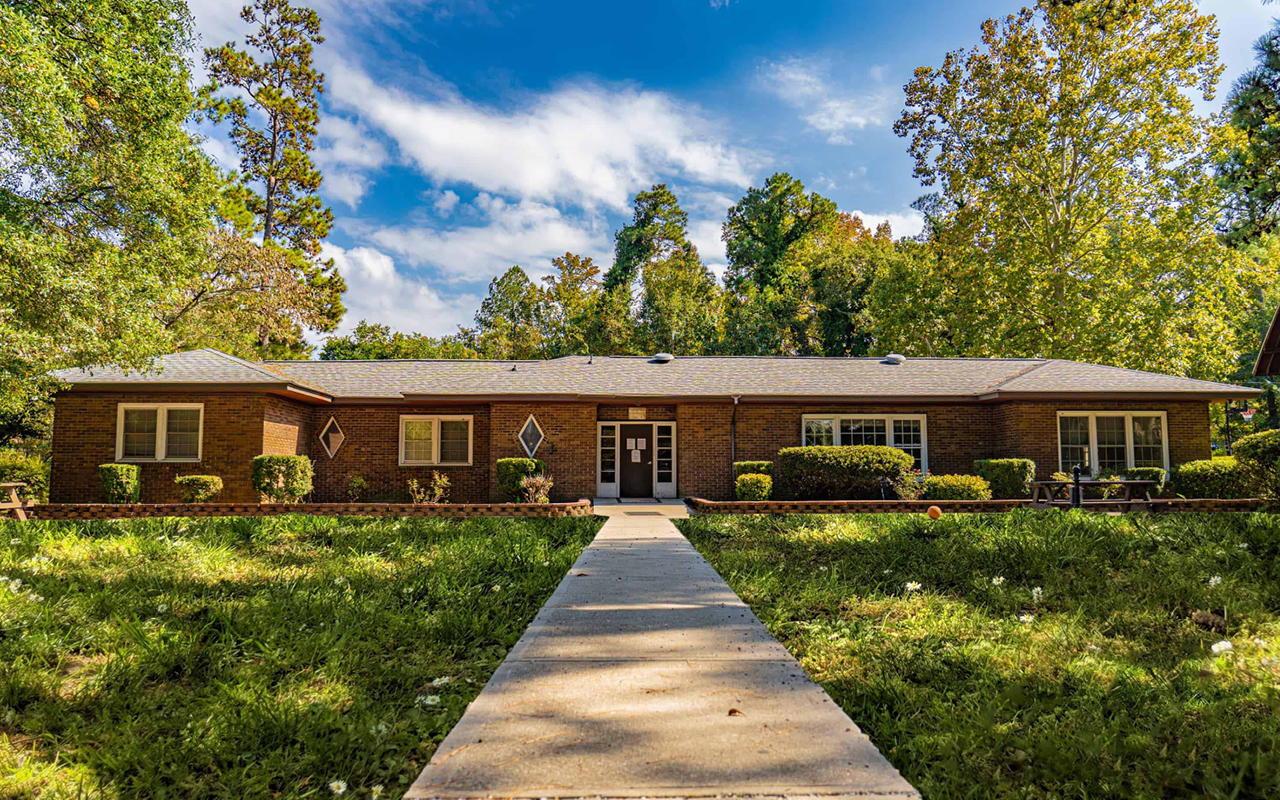Substance abuse is a chronic, progressive, and often-fatal disease. Like other illnesses with that profile — cancer and diabetes, for example — it’s not possible to beat it on your own. For that reason, most people who are in recovery from addiction have one characteristic in common: They sought help at an addiction treatment center. If you’re considering rehab for your drug or alcohol abuse, you probably have a lot of questions. In this blog we’ll take you through a typical day in a South Carolina rehab center so you can understand what it looks like to let hope take flight.
Addiction Treatment Begins
All residents begin their rehab journey going through comprehensive medical, psychological, and social assessments. This usually occurs when you first arrive. The next step is to be seen by the medical team. This is especially important if you need to detox or medication-assisted treatment (MAT). Once all the substances have been safely flushed out of your system and the doctors deem you medically stable, you’ll begin a normal programming routine of addiction treatment modalities.
Morning in Addiction Recovery
The journey to recovery begins with a structured morning routine that focuses on nurturing physical and mental well-being. Before breakfast there may be a time for quiet prayer and meditation while you learn to connect with your Higher Power and start the day grounded in 12-Step recovery. From there, a nutritious breakfast is served and the community comes together to eat. Following breakfast there may be a period of light stretching, yoga or exercise to bring the body online and promote physical well-being and mental clarity. According to an article from Harvard Health Publishing, this type of activity helps keep you connected to your progress in addiction recovery.
Individual & Group Addiction Therapy
Therapy forms the cornerstone of addiction treatment, as it allows individuals to explore the underlying causes of their substance abuse and develop coping mechanisms for a sober life. In a residential rehab center, both individual and group therapy sessions play a vital role in the recovery process. During the day, several hours of client time will be spent in various group and individual therapy sessions.
Individual therapy sessions offer one-on-one time with a trained therapist, creating a safe space to address personal struggles, traumas, and any co-occurring mental health disorders. These sessions provide an opportunity for introspection and the development of personalized strategies for long-term recovery. During this time you may work on developing an aftercare plan or coordinating a family therapy session.
Group therapy sessions, on the other hand, bring residents together to share their experiences, offer support, and learn from one another. Led by licensed therapists, these sessions encourage open and honest communication, fostering a sense of community, encouraging a and reducing feelings of isolation. According to Wake Forest University, therapy can often be the most impactful aspect of addiction treatment.
Holistic Therapies for Addiction
Complementing traditional therapy approaches, rehab centers that offer a full spectrum of treatment modalities often utilize holistic therapies to address the individual's mind, body, and spirit. These holistic addiction treatment therapies aim to restore balance and well-being, encourage processing, foster communication and offer another layer of support in the recovery journey.
These approaches may include art therapy, music therapy, inner child work, or other experiential therapies that offer creative outlets for self-expression, promote relaxation, and help individuals develop healthy coping skills. While group and individual therapies are a big part of the daily schedule, the type of experiential therapy the clients engage in may change based on the day. For example, prayer and meditation, breakfast, and yoga may be part of your schedule everyday, but then on Tuesday you might have an art therapy session. Each day is different, engaging, and helping you to build your recovery.
12 Step Programs
A significant aspect of many residential rehab programs is the incorporation of 12 Step programs, such as Alcoholics Anonymous (AA). These programs follow a spiritual framework and provide a supportive network of individuals who understand the challenges of addiction firsthand. Owl’s Nest has a rich history of 12 Step recovery at our roots.
Most evenings, we host a 12 Step meeting or 12 Step workshops that are open to residents and alumni alike. Developing a network of sober support and a habit of attending 12 Step meetings while in treatment will make the transition out of treatment more seamless.
Your Daily Rehab Routine
From waking up the mind, body and soul, to therapy sessions and 12 Step meetings, most South Carolina addiction treatment centers follow a scheduled routine for each day. It’s important to remember that you’re in treatment for a reason — to better yourself — so the more you can get out of each day, the better. During your time in addiction treatment, you’ll be provided with the tools needed to embark on a transformative journey of recovery.
If you or someone you know is struggling with addiction, there are many options for addiction treatment in South Carolina. Don’t put off getting help any longer. Call us today to get started.

Comments